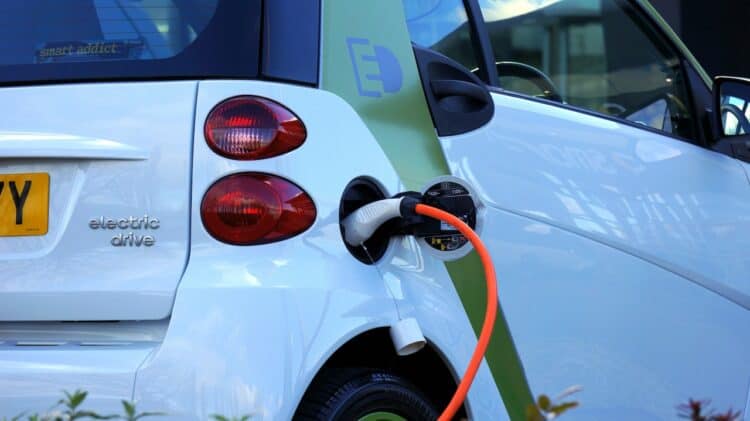Shared micro-mobility operators have been eager to expand their operations, paying little attention to developing a sustainable business model. However, now low on the funding that allowed them to run unprofitable operations, they are forced to move away from growth-based strategies.
ABI Research suggests that by reformulating business models, operations, and strategic goals, shared micro-mobility companies can unleash the potential of a market worth US$9 billion in ride revenues in 2030.

Maite Bezerra, smart mobility & automotive industry analyst at ABI Research, explains that after years of rapid but disorderly expansion, most players have high idle vehicle rates and low profitability in various markets due to a mismatch between vehicle supply and demand.
She opines that to thrive in the shared micro-mobility market, operators must optimally relocate or expand operations based on data-driven insights and analytics rather than intuition.
"It is also imperative to adopt measures to reduce costs that have skyrocketed with the enhancement of vehicle durability, safety, electrification, and recent restrictions and demands made by city authorities,” elaborated Bezerra.
By the numbers
Vehicle charging accounts for 50% of the operating costs per vehicle. Combined with rebalancing, they are the highest operational costs in shared micro-mobility. These costs can be significantly reduced by outsourcing field operations and adopting swappable batteries.
Swappable batteries reduce recharge costs by 30% to 60% because vehicles do not need to be transported to the warehouse to be charged.
At the same time, charging time can be cut from 4 hours to 15 minutes. When embedded connectivity is available, operators can use cloud-based fleet management platforms to automate vehicle rebalancing, charging, and servicing tasks, reducing vehicle downtime by up to 80%.
Moreover, location information enables the development of a plethora of services, such as demand heatmaps, which can increase fleet usage by 22% in six months.
Competitive landscape
Data analytics and fleet management platforms, like the ones offered by Otonomo, Anadue, Targa Telematics, and Autofleet, use machine learning and predictive analytics to maximize operational efficiencies, and optimally expand or relocate existing operations, and ultimately increase ROI based on data-driven insights.
Moreover, they provide quantifiable impact metrics, which are advantageous assets for competitive tender applications. Business model reassessment is another urgent need because presently, ride revenues are insufficient to cover their costs.
Advertising-led revenues, gamification, dynamic pricing, and diversification into last-mile delivery or vehicle manufacturing for the consumer markets are some tools that can significantly increase profitability.
"Shared-micro mobility operators have a tough road ahead, including the need to downsize/restructure, consolidations, and slower growth rates. However, those who are quick to understand the importance of data analytics and implement efficiency and profitability-based goals will be able to navigate the market successfully,” Bezerra concluded.



